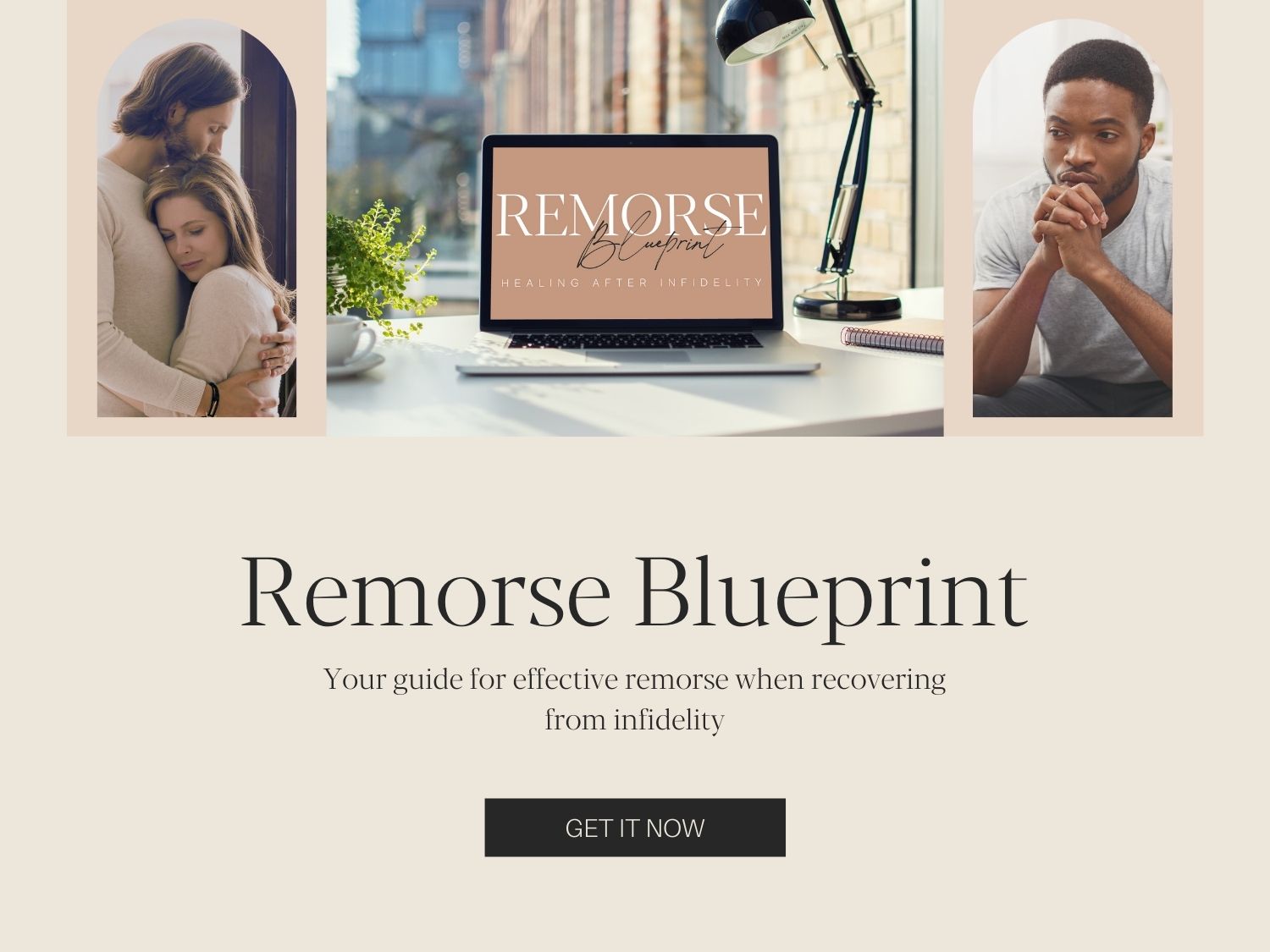Are you and your spouse equal partners in your relationship? Or, has one of you become more of a parent to the other?
When a couple has a parent-child dynamic, codependency becomes a common issue. In short, this means that the patterns of communication and behavior push one partner into the role of a parent. The other is pushed into the role of a child.
Let’s look at this on a closer level:
What a Parent-Child Relationship with Your Spouse May Look Like
Parent-Child Relationship Example 1:
Think about how you make financial decisions in your relationship. Does one of you make all the monetary decisions in your house? If so, you may have created a situation where the other spouse must consult with the decision-maker when it comes to spending, saving, or making purchases.
Of course, this situation isn’t always bad. But, this pattern of interaction can upset the balance of your relationship in these key ways:
- Codependency and the parent-child dynamic become more evident when the partner who requests funds asks for unreasonable things. Thus, exhibiting more child-like behavior.
- The authoritative behavior of the decision-making partner becomes evident. He or she may take a “that’s my decision and it’s final” position in time. Thus, demonstrating parental or even hateful behavior.
Parent-Child Relationship Example 2:
Another example of parent-child behavior happens often when a spouse acts out. Much like a rebellious teenager, he or she may act in unacceptable ways, choosing to:
- Disappear suddenly
- Refuse to be reachable by phone
- Explode emotionally when challenged
- Behave irritably toward their spouse
- Asks for permission then react poorly when the answer is no
All in all, the parent-child dynamic is solidified when the responsible spouse’s time becomes consumed with worry. They may often attempt to check in, and efforts to correct or clean up after their spouse becomes the norm.
In this case, you can see this codependent relationship is built on the idea of a responsible parent and rebellious teenager. Rather than the earlier responsible parent and helpless child example noted above. Regardless, neither situation lays the groundwork for mutual contentment and balanced life together.
Why You Shouldn’t Promote a Parent-Child Relationship with Your Spouse
Of course, the examples listed above are extreme cases. Those parent-child relationships have clearly gone too far. Yet, there are many milder versions of this dynamic in many relationships.
Still, you may not be convinced that this type of spousal relationship is such a big deal. You may ask, “ what’s so wrong with it?” Let’s consider the possible long-term problems:
- Relationship dissatisfaction: In truth, a parent-child dynamic may not be a major issue until it defines who you are in your relationship. In time, you may feel confined and discontent if you find yourself unwilling to play the part of a child or parent anymore.
- Lack of attraction: Some partners learn that their child-parent relationship creates a lack of desire and passion. This makes sense. After all, few people want to foster an attraction to their mom, dad, or child.
- Relationship breakdown: When you continue living out this type of power imbalance in your relationship, it has the potential to destroy the entire system. If no effort is made to achieve balance, the parent-child dynamic will likely come between you. The result? Soon you may both be dealing with piles of resentments and unmet needs.
Moreover, this could lead to fights and emotional resistance. You may experience growing contempt towards each other. Or, escalating periods of acting out that can take a variety of forms, not the least of which is infidelity.
How to Avoid a Parent-Child Relationship with Your Spouse and Build a Healthy Relationship
Clearly, the problems outweigh the benefits when there is such a power imbalance. If you recognize this dynamic, I encourage you to fix this problem soon.
So, what can you do about the thought processes and behavior that have landed you here? Consider the following strategies for pulling out of this vicious cycle:
1. Strive for Balance and Understand that Many Relationships have a Backstory.
What are the variables that influence how you can change your current circumstances? For example, are any of the following parts of your personal or relationship history?
- Substance abuse
- The aftermath of infidelity
- Lost loved ones
- Persistent anxiety
Note that these are special situations that may seriously affect your interactions as a couple. It’s natural to feel more vulnerable or more like a caretaker depending on your role in each case. Even so, you always want to strive to be your partner’s equal and for them to do the same.
Here’s an example of an unbalanced relationship:
Let’s say you worry about your husband’s history of alcohol abuse every time he comes home late. How do you handle that? For better or for worse, you will have to decide how to react and what that means to the balance of your relationship.
Do you continue to ask him where he was? Have you gone through his texts, examined his GPS, and peppered him with anxious questions? Do your interactions get bogged down in resentment and emotional tirades? If you choose that pattern of interactions, you are likely to sink further into the parental role.
 What’s a more productive and balanced solution?
What’s a more productive and balanced solution?
First, you can let your partner know how you feel every time this happens. Communicate. Tell him what you need from him. Explain what would be helpful or put your mind at ease.
Your partner may not agree, dismiss your request, or outright refuse to meet your needs. If so, be ready to make a clear decision about their unwillingness to change.
As an equal partner, you should feel free to tell your partner how feeling like a parent is driving a wedge between you. Explain that you may have to make hard choices about your relationship if things don’t change.
Interestingly, when women in similar positions stop being their partner’s mother figure, they find that their husbands suddenly become open to change. Even after years of acting as the child in a relationship.
Why? Because she’s done! She’s leaving.
Don’t let your situation devolve so completely. Don’t get so imbalanced that one spouse feels burned out and can’t imagine staying together. Parenting their partner no longer appeals.
Do what you can to take action before you lose your connection altogether.
2. Pay Close Attention and Don’t Let Your Parent-Child Dynamic Define Your Roles.
Now, things may not be quite so far gone, yet you see glimpses of this cycle. Or, your relationship hasn’t gotten to the point of no return just yet. But, you see the possibility that it may be headed in that direction soon. If this is the case, then you must stay alert and mindful of the way you interact with your spouse.
Do not allow a pattern of parent-child interactions to define who you are. Or, what roles you play in your relationship. As relationship therapists, we often hear a partner joke that he or she has two kids and one of them is their spouse. While they may be joking, it’s not a laughing matter. More often than not, this dynamic is no fun for anyone and not conducive to having a healthy relationship.
How You Stop These Interactions From Happening
To head off hurt feelings, resentment, and disrespect, pay attention to communication. Do your best to honor each other’s contributions to your relationship. This should not involve any sort of patronizing or humiliating exchanges.
To illustrate, let’s say you are the more financially responsible partner. Generally, there’s no problem here unless you see your role as a reason for superior behavior. Understand that your gift for financial matters does not end the likely reality that your partner is competent and responsible in other areas of your relationship.
In other words, don’t equate your partner’s appeals or requests with stupidity or child-like behavior. Don’t behave as though their questions are stupid or beneath you.
If you believe your partner is requesting something you can’t afford, avoid comments like “you don’t know anything about what we have when was the last time you looked at a bank account”. Such belittling language or unilateral comments like “and that’s my final decision” has no place in an equal partnership. It’s hurtful, humiliating, and damaging to your relationship.
What are better solutions?
- Try stating “my concern with this is… let’s talk more so I can better understand where you’re coming from.” This communicates respect.
- Say, “I’m not sure we can afford it, but let’s look at the statements together to see if it’s possible.” It demonstrates a willingness to cooperate.
- Ask, “you know what? I think we should share more about how we handle finances – do you want to know more?” It indicates a desire for more balance in your shared life and finances.
I can’t tell you how many budding frustrations and simmering resentments you can prevent with a gracious, cooperative attitude!
Finally…
I do hope that this explanation of the parent-child dynamic makes sense to you. As a couples therapist, it is my sincerest wish that you feel equipped to notice and discuss this pattern in your relationship. Most of all, I hope you have a clear idea of how to avoid such a relationship imbalance moving forward.
Working together as equals, you can take steps to develop a fulfilling relationship.
Are you are looking for relationship support and couples therapy? If so, I encourage you to consider reaching out to a couples therapist. They are relationship experts. So, they can help you by equipping you with the tools to communicate in more effective ways with your spouse. Together, you can avoid falling into patterns of parent-child interactions.
Would you like to learn how to express genuine remorse after having an affair? Do you want to help heal your relationship when trust has been broken?
If you do, then our Remorse Blueprint is right for you.
Begin Working with A Couples Therapist in Florida
Other Services Offered with Idit Sharoni
Heading


